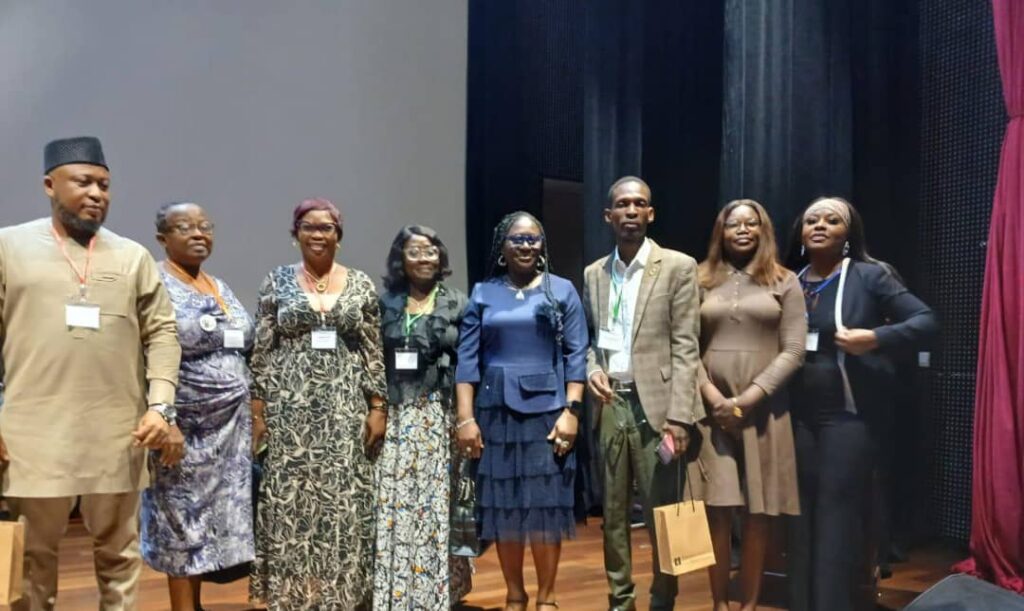Migration experts have emphasized the need for a collaborative approach involving government and society to provide both mental and physical support to migrant returnees in Nigeria.
Expressing concern over the numerous social and economic challenges returnees face, the experts called for accessible and effective reintegration support to help them rebuild their lives.
This call was made during a one-day dissemination event in Lagos, organized by postdoctoral researcher Sarah Adeyinka, as part of a reintegration project aimed at highlighting the plight of returnees.
Adeyinka stressed that reintegration should not be seen as the sole responsibility of the government but a collective societal duty.
“Looking at the communities and the society, it is important to ensure people are aware of what returnees go through. They should be educated and enlightened so that when migrants come back, the stigma and discrimination they face are reduced, if not eliminated,” she said.
Adeyinka also identified inadequate mental health support as one of the biggest challenges returnees encounter.
“Nigeria does not have enough mental health providers to meet growing needs. The number of people requiring mental health care is increasing, but we lack sufficient professionals. We should not stigmatize people facing these issues,” she added.
Also speaking at the event, Mr. Alex Oturu, Southwest Zonal Coordinator for the National Commission for Refugees, Migrants, and Internally Displaced Persons, noted that the reintegration project was designed to assess the support provided to returning migrants.
He highlighted the importance of collaboration among government agencies, civil society organizations (CSOs), and stakeholders in implementing reintegration strategies effectively.
“There’s a national Standard Operating Procedure for return, readmission, and reintegration, developed by the federal government alongside relevant stakeholders—MDAs, CSOs, and international partners. Reintegration is not just a government responsibility; everyone must play their part to ensure returnees, especially those trafficked or forced to return, are supported properly,” Oturu explained.
Amabelle Nwakanma, Director of Programmes at LEAP Africa and also Director at the Corporate Humanitarian Aid Foundation, acknowledged that many returnees struggle to access reintegration benefits.
She urged Nigerians to avoid irregular migration, which often leads to hardship, exploitation, and trafficking.
“Many suffer because they migrate irregularly—through smuggling or trafficking routes—which disqualifies them from certain support and privileges available to legal migrants. While it’s your right to travel or migrate, do it the right way. Irregular migration can ruin your life and negatively affect your loved ones back home,” she cautioned.















